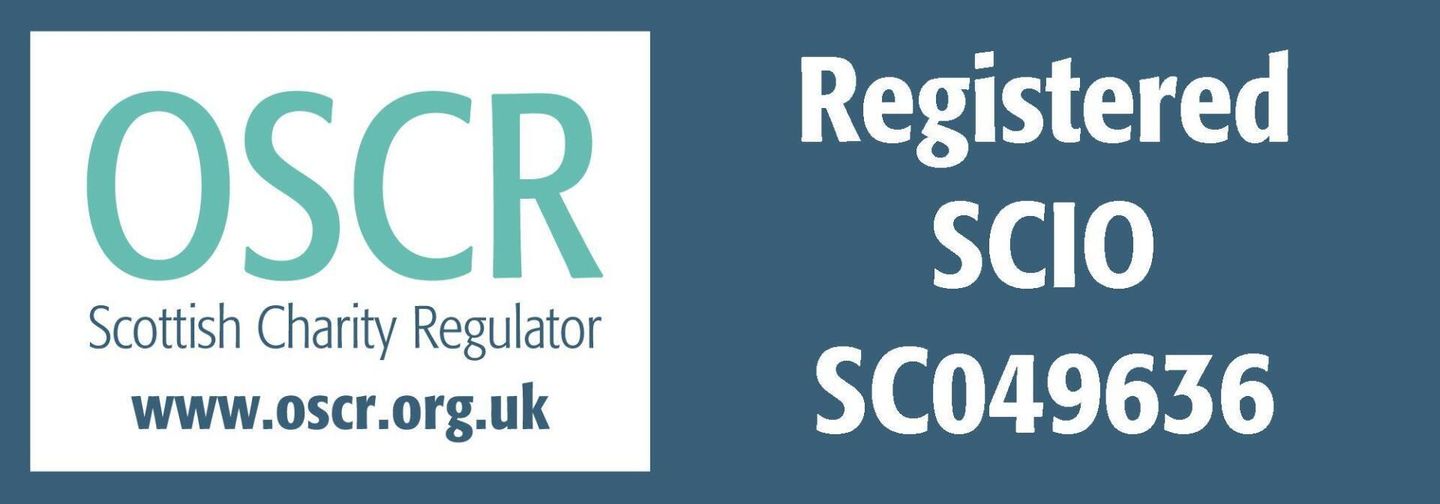Discover our story
Managing Stress: Practical Strategies for Adults - By Ashley Mackie, Trustee at Shirley's Space
In today's fast-paced world, stress has become an almost constant companion for many adults. Whether it's due to work pressures, personal responsibilities, or the challenges of daily life, managing stress has become an essential skill for maintaining both mental and physical well-being. Chronic stress can have a significant impact on mental health, affecting everything from mood to cognitive function. In this blog, we'll explore some practical strategies that can help adults effectively manage and reduce stress in their lives.
Understanding the Prevalence of Stress among Adults
Stress is a universal experience, and adults of all ages and backgrounds can find themselves grappling with its effects. From young professionals juggling demanding careers to parents trying to balance work and family life, stress can manifest in various ways. It's crucial to recognize that stress is a natural response to challenging situations, but chronic stress can lead to a range of mental and physical health issues.
The Impact of Chronic Stress on Mental Health
When stress becomes a chronic companion, it can take a toll on mental health. Persistent stress has been linked to anxiety, depression, sleep disturbances, and even cognitive decline. It's essential to address stress before it reaches a point where it significantly impacts overall well-being.
Practical Stress Management Techniques
- Mindfulness: Mindfulness involves being fully present in the moment and observing your thoughts and feelings without judgment. Practicing mindfulness through meditation, deep breathing, or simply taking a few minutes each day to focus on the present moment can help reduce stress.
- Exercise: Physical activity is a powerful stress reliever. Engaging in regular exercise, whether it's a brisk walk, a yoga session, or a workout at the gym, can release endorphins and promote a sense of well-being.
- Time Management: Learning to prioritize tasks and set realistic goals can prevent feelings of overwhelm. Breaking tasks into manageable chunks and setting aside time for relaxation can create a healthier balance.
- Deep Breathing: Deep breathing exercises can activate the body's relaxation response. Try inhaling deeply for a count of four, holding the breath for four counts, and exhaling for another four counts. Repeat this pattern several times.
Real-Life Examples of Stress Management Strategies
Imagine a busy professional who faces tight deadlines and long working hours. By incorporating mindfulness techniques into their daily routine, such as taking short breaks to focus on their breath or engaging in a brief meditation session, they can create pockets of calm amidst the chaos. Similarly, a parent managing household responsibilities can find relief through regular exercise, whether it's a morning jog or an online workout class.
Seeking Professional Help
While practical strategies can be highly effective, it's essential to recognize when professional help is needed. Therapists, counselors, and mental health professionals are trained to provide guidance and support for managing stress and its related challenges. Seeking help is a sign of strength, and it can empower individuals to build resilience and navigate life's stressors more effectively.
In conclusion, managing stress is a crucial skill that can significantly impact an adult's mental health and overall well-being. By incorporating mindfulness, exercise, time management, and deep breathing into daily routines, individuals can develop effective strategies for reducing stress. Remember, seeking professional help when needed is a proactive step towards maintaining optimal mental health and enjoying a more balanced and fulfilling life.
Our text messaging times are 10am-4pm Monday to Friday

All Rights Reserved | Shirley's Space
